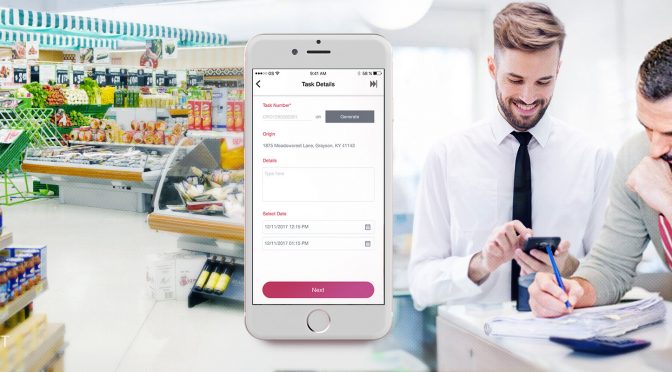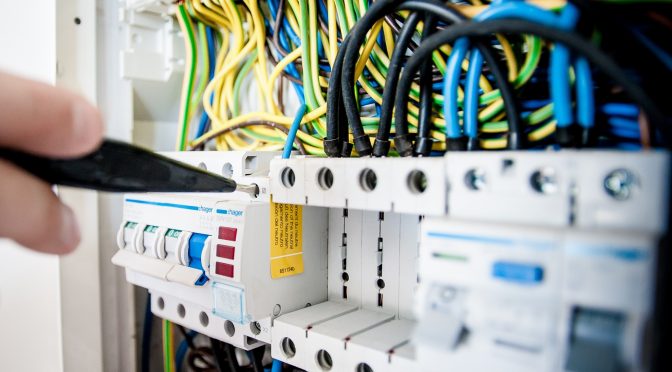LogiNext’s field workforce optimization is machine learning-enabled planning engine which pulls in all the constraints such as preferred time slot visits, avoiding repeat visits, avoiding overlap or mirroring, and also to optimize the service time or time spent at each outlet

Case Study: How to Increase Sales Effectiveness by 25% in FMCG This is a story about effective field agent performance optimization and its resultant benefits. According to one of our major clients in the fast-moving consumer goods (FMCG) sector, field sales effectiveness was something that they wanted to increase as soon as possible. […]

Many industry experts have stated that their field workforce management leaves them with a lot to desire for. As we know the first step to effective field service management is getting the right person for the work. Once you have that, things should be a cakewalk, but it often isn’t. Why does this happen? And what can you do avoid that?

To perfect field service automation and optimization, you must assess the knowledge base and abilities of your workforce and automate allocation of specific tasks requiring a particular set of skills to the field service professional possessing the same set. This would bring down the probability of dissatisfaction for your customer by dispatching the perfect field agent suited for the customer’s problem.

Pharmaceutical industry has a traditional field agent management network where trade channel management is the primary sales pipeline along with being the distribution funnel for the industry. Channel management is of primary importance in this sector, unlike other growing industries.

People have talked about the Internet of Things (IoT) in diverse terms, but what is it? IoT is the interaction and exchange of data amongst various connected devices and entities over the Internet, which then function towards singular goals. It’s like having a virtual connected universe, where you customize almost all your electronic interactions.
Remember the viral video of Travis Kalanick from earlier this year where he is berating an Uber driver to take ownership of his own problem. Well we all know that video as the start of the derailment of Uber’s public relations. It’s easy to now imagine the company as being self-centered and culturally egoistic.
White Paper: The Assumption Within AIDAS is Unsaid but Profound. This idea that the expectation stage of consumers can be generalized across industries and timelines, is prone to error. How does this generalization affect the decision flow of consumers? To answer this, I will help you look closely at these assumptions.

